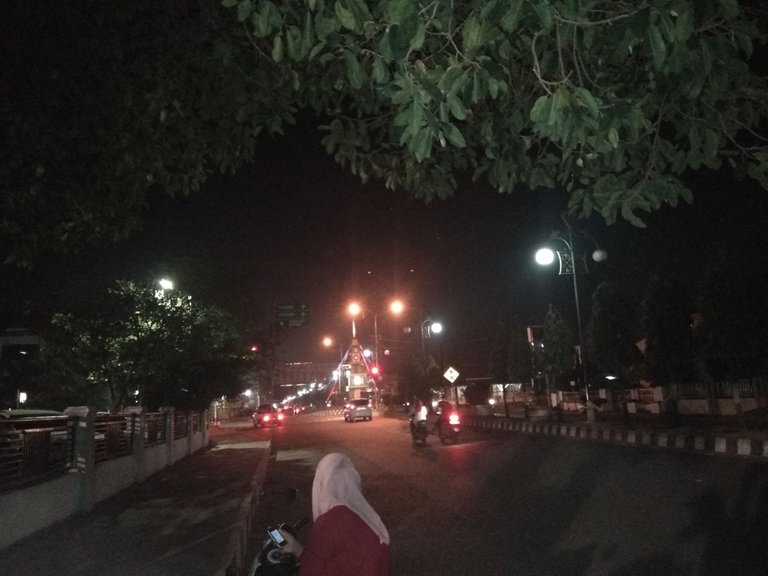
Surgery is a large-scale medical action launched when a person suffers from serious health problems. A revealing fact, surgery done at night was more dangerous than carried out during the day, as reported from the Indian Express, Tuesday (13/09/2016).
According to researchers from McGill University in Canada, patients undergoing surgery at night, twice as likely to die as compared to those who are operated on regular working hours. In addition, according to the researchers, patients who are also operated through working hours or in the afternoon, also has an increased risk of premature death.
The study evaluated all surgical procedures over the last five years at Jewish General Hospital, Canada, from April 1, 2010 to March 31, 2015. They then collected a variable database of surgical interventions.
All elective surgery and emergency surgery have a bad risk to the patient if done at night. However there are some that are not too dangerous ie ophthalmic (surgery related to the eye) and or actions involving only local anesthesia.
Generally, the working day of the operation is divided into three, ie noon (07:00 - 15:29), evening (15:30 - 23:29), and evening (23:30 - 07:29 am). Then the start of anesthesia is recorded by the continuous checking nurse, to determine where the block time of operation is started.
There were about 41,716 elective surgeries and emergency surgeries performed on 33,942 patients in 40,044 hospitalizations. Of these, there are 10,480 emergency procedures, of which 3,445, 4,951, and 2,084 of each procedure, begin anesthesia between day, afternoon and evening.
The result, the researchers found that patients who were operated at night, had a risk 2.17 times more likely to die, compared with patients who were operated on during normal business hours. The study also found that patients who were operated on in the early evening, were 1.43 more likely to die.
"The 30-day postoperative mortality rate at the hospital, including the timing factor for the start of anesthesia along with other variables," the researchers said.
According to them, theoretically the most likely cause of the high risk of death of surgery performed at night is the declining capacity of medical abilities due to fatigue after a day of anesthesia and surgery in a number of other patients, hospital staff awake overnight, delay in treatment ( such as a limited operating room), or the consequences of being too ill if surgery is delayed.